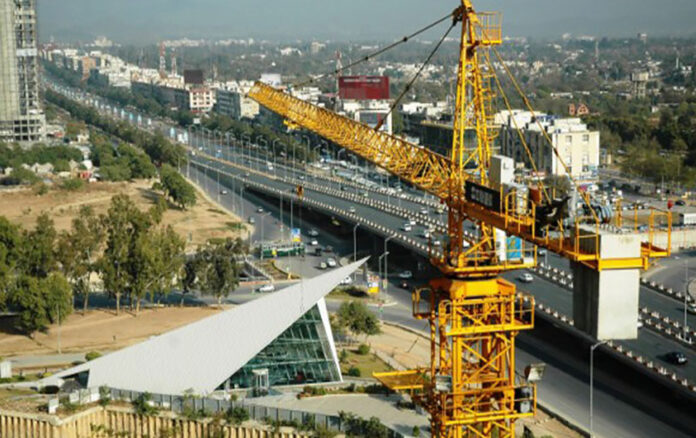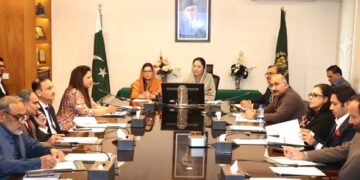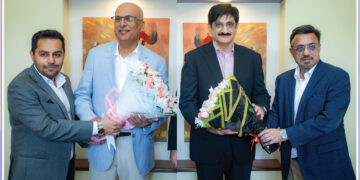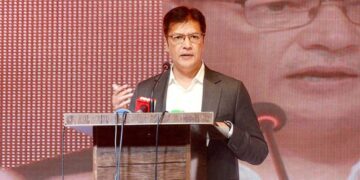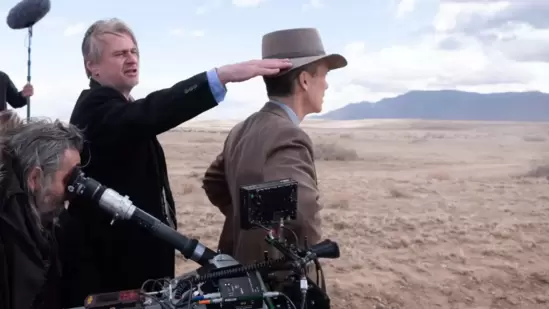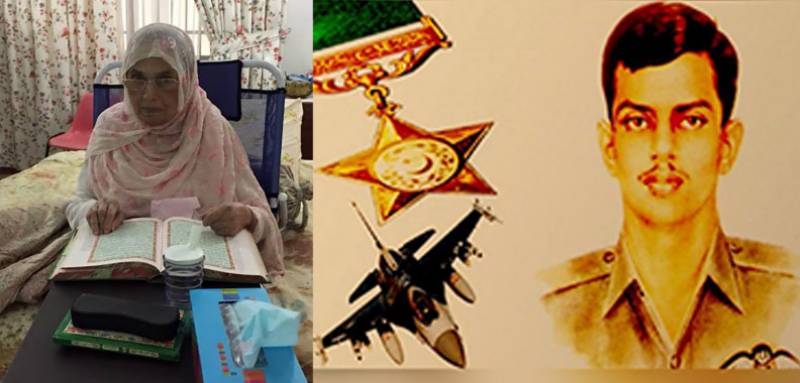KARACHI – An enlightening seminar titled “Karach’s urban governance and development challenges in light of the Karachi Transformation Plan” was conducted by the FPCCI Central Standing Committee on Urban Development recently with an august panel contributing to the topic.
Convener CSC on Urban Development Obaid Saleem Patel thanked the Federal Govt and Provincial Govt for bringing forth the 1.1 trillion rupees Karachi Transformation Plan and fully supported by the armed forces as a much-needed relief measure for Karachi.
However, he mentioned that according to estimates, by the year 2025, nearly 50% of Pakistan population was expected to be living in cities which is why there was a genuine need for the immediate implementation of the master plan in its true spirit, with the collection of relevant data for the long term sustainability of KTP and Karachi's growing infrastructure needs.
He pointed out that some of the projects of KTP were envisioned in the mid 2000's and Karachi has grown at 3-5% annually since then, calling for the need for long term solutions and reforms.
Dean of architecture and management sciences, NED University Professor Dr.Noman Ahmed in a detailed presentation on the subject mentioned the need for bringing the projects like K-4, S3 and Karachi Circular Railway, etc. into a holistic framework of development and reform instead of leaving them as standalone projects.
He urged the importance of reforming the city systematically and stressed the need for the existence of an independent planning agency as proposed by all master plans of yesteryears, which would act as a platform for all civic agencies of Karachi to collectively deliberate upon any hurdles towards efficient delivery of their services with an eye towards future needs so as to sustain the above-mentioned KTP projects and general civic duties.
While discussing the timeline of the projects under the KTP which is scheduled for completion within 3 years, he appreciated the ambitious nature of goal at hand and that it would require an enormous amount of effort to achieve the objective bearing in mind the institutional capacities of the city administration.
For Karachi's water supply, he suggested the designing of a comprehensive water loss reduction project to control water theft and seepages from the existing system along with local infrastructure up-gradation to cater to growing needs, smart water metering, effective monitoring of neighborhood-based valve operations, revitalizing Awami tanks in low-income neighborhoods.
Touching upon the Storm water drainage situation of the city, he proposed the instant updating of maps, levels, dimensions and paths of the storm water drainage through appropriate modeling and identifying obstructions and corresponding reasons (land reclamation, encroachments, depositing of silt and solid waste etc.) and to find threshold locations, where rain water can be stored,recharged and allowed to pass in rivers/sea (at region, district and neighborhood level) so as to preserve the precious resource.
Moving on to the solid waste management he encouraged the authorities to upgrade the existing dumping sites of Jam Chakro and Govind Pass to sanitary land fill sites for they were currently in a deplorable condition and acquire land for at least one land fill site in every district of Karachi and for garbage transfer stations.
He also believed that the Introduction of night sweeping regimes in commercial areas as done internationally along with enhancing of the workshop capacities of KMC or DMCs for vehicles and machinery would be useful along with providing incentives to small scale enterprises for primary waste collection and to the informal recycling industry.
There was also talk of a dire need of revitalizing the health care waste management system as it briefly performed some 10 to 12 years ago with more incinerators for hospital waste and strict vigilance and blanket ban upon disposing of waste in water ways.
Expressing sheer dismay over the lack of a public transport system in Karachi, he quoted that about 34 persons compete for 1 bus seat in Karachi right now and suggested a comprehensive roads rehabilitation programme (arterial, major roads, minor roads) and to enable private transporters to operate large and medium-sized buses along old and modified routes in Karachi along with the development of inter-city and intra city bus terminals.
Finally upon the subject of Karachi's skyline, he advised upon the formation of high-density zones in the city as per international standards with relevant infrastructure provisions along with easier amalgamation laws, so as to amicably handle Karachi's growing housing needs and build the city in line with PM Imran Khan vision of high rise growth and without compromising on the local infrastructure and the city's character.
Representing the Sindh govt., Special Secretary Housing and Town Planning, Local Govt, Khalid Chachar briefed the participants that the provincial govt. is in consultation with relevant experts and the federal govt. regarding the KTP and to transform Karachi into a world class city and informed upon the deliberations upon the Master Plan 2047.
Vice Admiral Arifullah Husseini (R) emphasized the need for the people of Karachi to be taken on board led by the business community for an organic uplift of the city and the need for a functional working relationship between Federal, Provincial and Local governments so that all could collectively be empowered to deliver.
Vice President FPCCI Sheikh Sultan Rahman expressed FPCCI's full support for the cause and hoped this seminar would lead the way to develop Pakistan's urban centres and in particular Karachi as it was the economic heart of the country.
In conclusion, the participants agreed that representation of the business community and technical experts from relevant institutions was needed in the Provincial Coordination Committee to take the Karachi Transformation Plan forward and to help in reform and development of Karachi efficiently and sustainably.





